Avoiding High-Risk Situations

Avoiding High-Risk Situations
Anticipating and Preparing for Situations that May Pose a Risk for Relapse
Get Help Today.
What Is a High-Risk Situation?
The National Institute on Drug Abuse defines high-risk situations as “those that threaten your recovery or trigger a strong craving to use substances.” These may be internal or external.
Internal High-Risk Situations
- Negative feelings such as sadness, boredom, anxiety, guilt, fear, or loneliness
- Positive feelings such as joy, excitement, or happiness
- The belief that you can handle getting high or drunk every so often
- Isolating yourself physically or emotionally from family, friends, and other loved ones
- Dwelling on thoughts about getting high or drunk
External High-Risk Situations
- Feeling physical pain
- Being in the presence of other people who are using drugs or alcohol
- Getting a paycheck
- Being in a place where you used to drink or get high
- Attending a celebratory event
A high-risk situation is anything that is likely to lead to drug use, whether it involves a person’s internal emotional state or their external surroundings. Identifying high-risk situations can help individuals in recovery prepare for unplanned occurrences and may also provide insight into why they resort to drug and alcohol use in the first place.
Seemingly Irrelevant Decisions and Relapse
A person in recovery may make a decision or a series of decisions that increase their vulnerability to substance abuse. These unwise decisions are often the result of distorted thinking, denial, or rationalizations. In order to avoid and resist high-risk situations, individuals in recovery should be able to recognize decisions that may seem irrelevant to their sobriety but that carry a high risk of relapse.
Examples of seemingly irrelevant decisions include:
- Keeping alcohol or drugs in the house
- Maintaining relationships with people who are active drug or alcohol abusers
- Attending social events or gatherings where alcohol or drugs are likely to be present
- Using alcohol or drugs on “special occasions”
- Keeping drug or alcohol abuse a secret from family members
Decisions such as these increase a person’s risk for relapse because they may make a substance more accessible, make relapsing much easier, or reduce the accountability they receive from others.
Anticipating Triggers and Developing a Plan to Manage High-Risk Situations
One of the best things individuals in recovery can do for themselves is to anticipate high-risk situations before they actually occur. This provides an opportunity to develop a plan of action for how they will respond.
Although not all high-risk situations can be anticipated, clients can still make predictions about what may occur in the near future and work with their therapist or recovery specialist to develop a plan of action.
Coping plans should include a detailed plan of action for how the client will respond to the given situation. At the very least, the plan should encompass the following things:
- Contact information for reliable sober peers, family members, or mentors
- A list of reliable distracting activities
- A written set of positive thoughts that can be reviewed at any time and used to combat negative thoughts associated with cravings
- A list of safe places where the client can go to ride out the cravings or escape the high-risk situation, such as a sober peer’s home or a trusted family member’s home
Individual and group sessions during drug and alcohol rehab may focus on developing coping strategies and plans for dealing with high-risk situations. These sessions will also provide valuable opportunities for clients to practice these coping skills in a controlled environment before they are faced with high-risk situations in the real world.
Call Us Now and Begin Healing at (512) 605-2955
Or text us and we will call you right back.
Not quite ready for a call? You can fill out the form below.
What Makes Us Different
- Gender-specific treatment
- Evidenced-based treatment
- 12-Step immersion
- 90-day residential treatment
- Family program
- Full continuum of care
- Insurance and private pay
100% Confidential Guarantee
Confidential Consultation
Nova Recovery Center is dedicated to helping you or your loved one get help. Please call or fill out this form for a confidential consultation.
One of our understanding, dedicated advisors will contact you about your options. Begin healing today.
Nova Recovery Center is dedicated to helping you or your loved one get help. Please call or fill out this form for a confidential consultation. One of our understanding, dedicated advisors will contact you about your options. Begin healing today.





